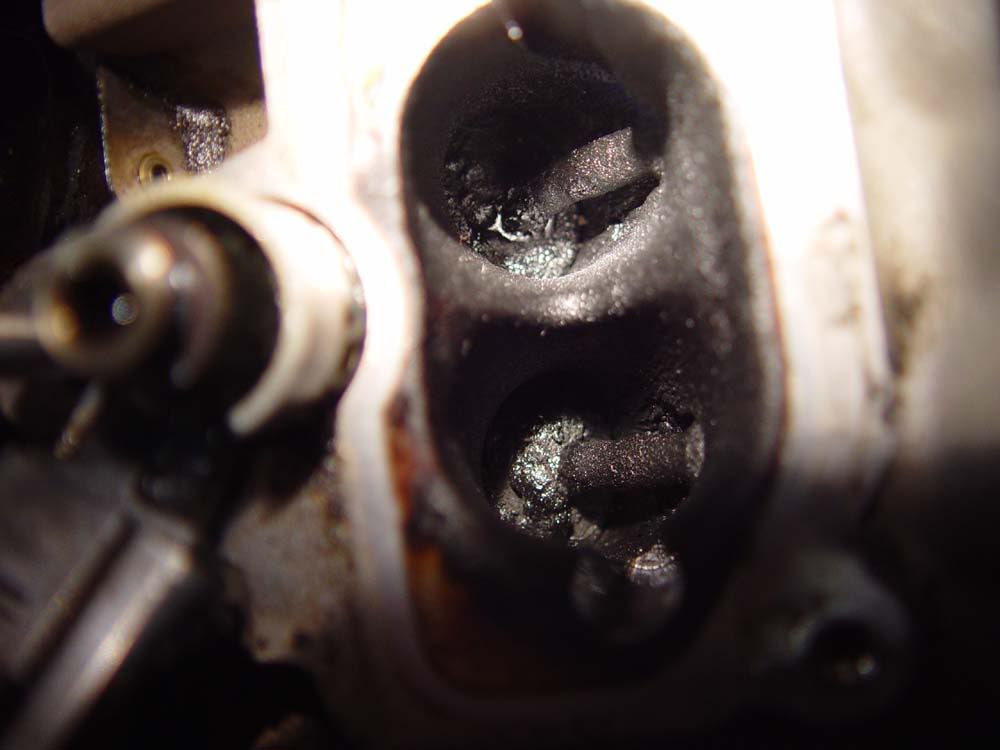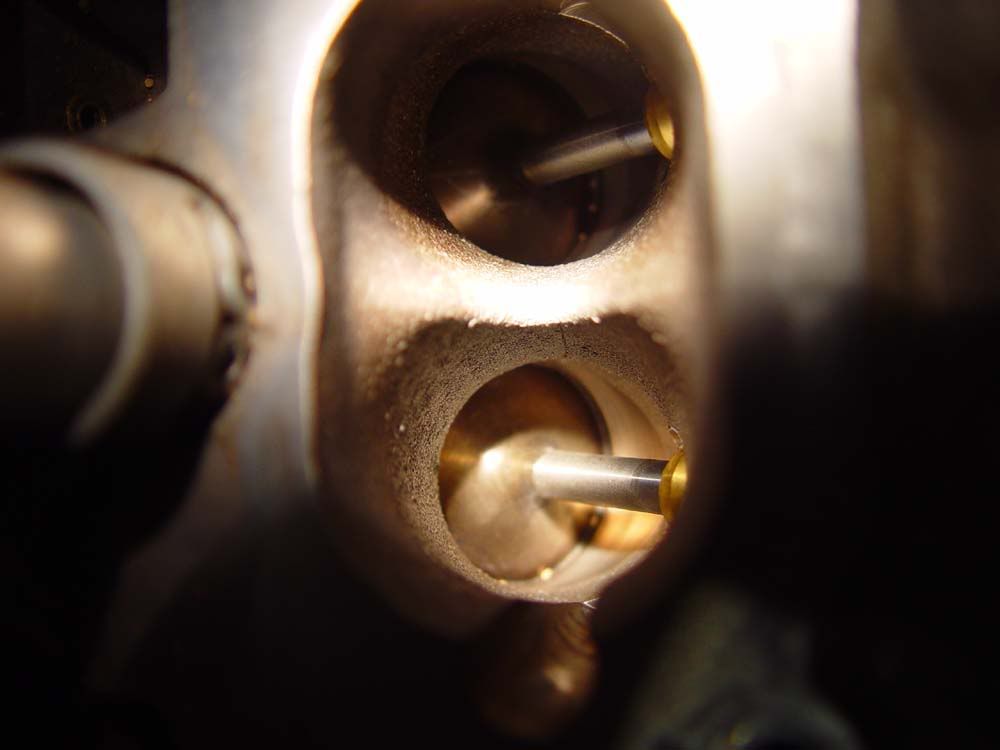Here is my first Blackstone Analysis report which hopefully is of interest to those with the Nissan VQ37 engines which are known to run hot and be demanding on oil. History on the vehicle:
Purchased new. Drained factory fill at around 1250 miles, refilled with the 5W-30 wt. Nissan Ester Oil. Ran that until about 5,000 miles and switched to the Redline 5W-30. Filter was a Mobil 1 #110 which is slightly larger than the standard # 108. Miles on this sample are 4724, time in engine about 6 months. It's pretty much a daily driver, no track time. I live in SouCal so I was concerned with an oil that would not only hold up to the high temps seen with the VQ37 engines, but high ambient temperatures during summer and stop & go freeway traffic. This engine has consumed a bit of oil during the time I have owned it, about 1.5 qts. per 4000 miles but seems to be settling down now as I have a little over 10K miles on it. My plan is 5K OCI's, could probably run longer as there was no viscosity breakdown but I like to baby my cars. Note the high moly count, that must be a major additive in the Redline. I'll run another sample at the next change to see how it's trending.

Purchased new. Drained factory fill at around 1250 miles, refilled with the 5W-30 wt. Nissan Ester Oil. Ran that until about 5,000 miles and switched to the Redline 5W-30. Filter was a Mobil 1 #110 which is slightly larger than the standard # 108. Miles on this sample are 4724, time in engine about 6 months. It's pretty much a daily driver, no track time. I live in SouCal so I was concerned with an oil that would not only hold up to the high temps seen with the VQ37 engines, but high ambient temperatures during summer and stop & go freeway traffic. This engine has consumed a bit of oil during the time I have owned it, about 1.5 qts. per 4000 miles but seems to be settling down now as I have a little over 10K miles on it. My plan is 5K OCI's, could probably run longer as there was no viscosity breakdown but I like to baby my cars. Note the high moly count, that must be a major additive in the Redline. I'll run another sample at the next change to see how it's trending.







